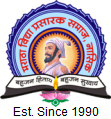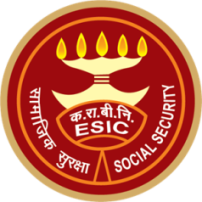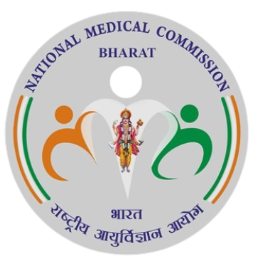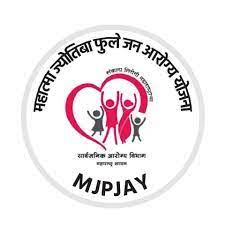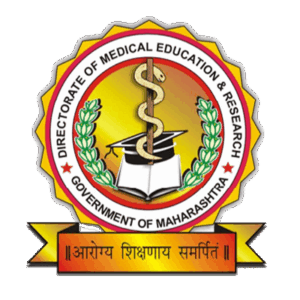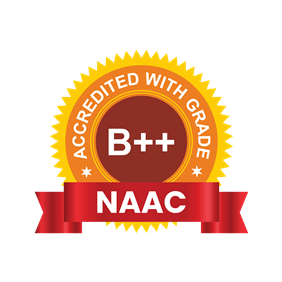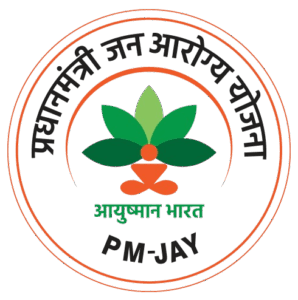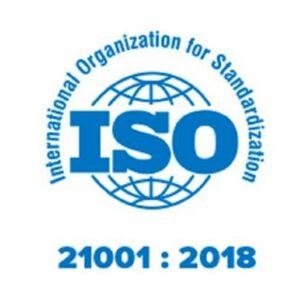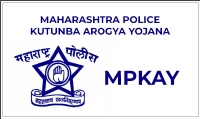1. Title:
Grand Rounds in Psychiatry Using Online Databases
Objectives of the Practice:
The grand rounds provide a holistic approach to patient management. The PG residents use online e-learning platform to access this.
The Context:
The original concept of grand rounds has evolved over the course of time. No longer is it possible for residents to present in the grand rounds. Online databases are available where facilities from various universities all over the world put up there case presentations. This exposes the residents to case scenarios not restricted to their geographic location. This helps them get a world view about the current trends in psychiatry.
The Practice:
The faculty of the department of psychiatry as well as the PG residents actively participates by viewing these case presentations. The various aspects of the case are discussed such as etiopathology, presentation, clinical course, diagnosis, treatment plan formulation and follow up strategies. The unique aspects of that particular case are discussed. Certain take home messages are also discussed which could be incorporated into our routine practice.
Evidence of Success:
The PG residents are exposed to various global clinical scenarios which help them widen their perspective while assessing, diagnosing and managing patients of various psychiatric disorders.
Problems Encountered and Resources Required:
The grand rounds no doubt useful can be a bit of a handicap for a psychiatrist wishing to do private practice as they would not have all the support systems like clinical psychologist, psychiatric social worker, etc. to guide and help the patient’s management.
2. Title:
Application of Psychiatric Rating Scales by PG Residents for all Patients
Objectives of the Practice:
The application of various psychiatric rating scales in routine practice helps to improve the diagnostic and prognostic skills of the post graduate residents.
The Context:
There is lot subjectivity in the assessment and diagnosis of various psychiatric disorders. In order to address this issue various diagnostic and prognostic psychiatric rating scales are available. These help in improving the clinical and diagnostic skills of the trainee PG residents. The use of these scales trains them to ask for pertinent information to come to a final diagnosis and also to gauge the change in the symptoms objectively with minimum clinician bias.
The Practice:
The PG residents are encouraged to routinely apply various diagnostic validation scales such as MINI and SCID while assessing outpatient as well as admitted patients. This helps the residents to improve their clinical skills in coming to a probable diagnosis by asking the pertinent questions in a structured and timely manner. Prognostic scales such as HAMD, MADRS for Depression, PANSS for Schizophrenia, HAMA for Anxiety disorders, YBOCS for OCD, YMRS for Mania etc. are also routinely applied for objective assessment of baseline severity of symptoms and change from baseline over a period of time. This helps to objectively quantify the change in symptoms.
Evidence of Success:
The routine application of the various diagnostic and prognostic scales has improved the PG resident’s diagnostic and interviewing skills. They are able to conduct a structured clinical interview while assessing patients in a more thorough and timely manner. The repeated usage of these scales helped them remember the diagnostic criteria and the common signs and symptoms of the common psychiatric disorders.
Problems Encountered and Resources Required:
The clinical diagnostic scales are rigid in their criteria for diagnosing certain psychiatric disorders like Schizophrenia. Hence at times coming to diagnosis just by applying these scales becomes difficult. The formulation of a clinical diagnosis which is less rigid in the presence of certain symptoms is more useful to manage certain group of patients.

